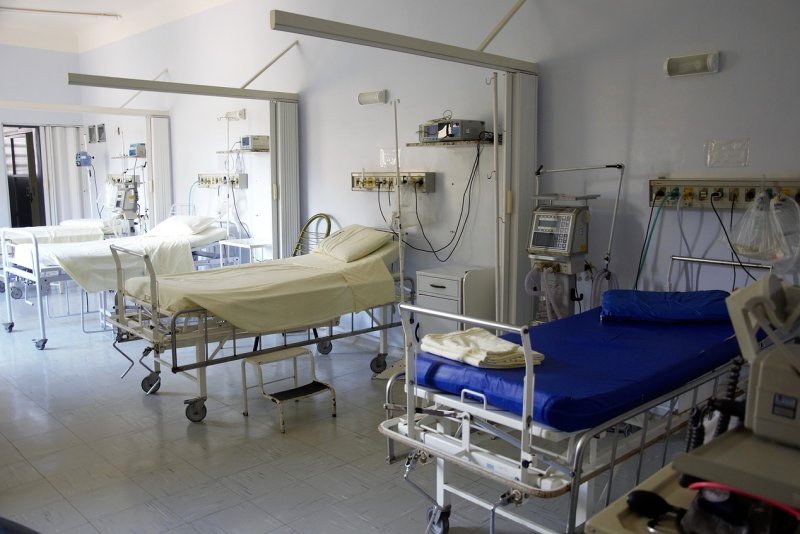By Brian P. Dunleavy
JUNE 17, 2021 / 1:26 PM

A new study suggests higher COVID-19 death rates among people of color may be partially explained by differences in quality of hospital care. Photo by 1662222/Pixabay
June 17 (UPI) -- Deaths among Black people in the United States with COVID-19 would be 10% lower if they had access to the same hospitals as White people, an analysis published Thursday by JAMA Network Open found.
"Our study reveals that Black patients have worse outcomes largely because they tend to go to worse-performing hospitals," study co-author Dr. David Asch said in a press release.
"Because patients tend to go to hospitals near where they live, these new findings tell a story of racial residential segregation and reflect our country's racial history that has been highlighted by the pandemic," said Asch, the executive director of the Center for Health Care Innovation at the University of Pennsylvania.
Since the start of the pandemic, Black and Hispanic people in the United States have had a higher risk for more severe illness and death from COVID-19, Centers for Disease Control and Prevention data indicates.
Vaccine distribution inequality reflects 'broken' U.S. healthcare system, experts say
This may be due at least in part to higher rates of heart disease, high blood pressure and diabetes in these populations, as people with these health conditions are more likely to die following coronavirus infection, the CDC said.
For this study, Asch and his colleagues examined 10 months of data for more than 44,000 Medicare patients treated at nearly 2,000 hospitals across 41 states and the District of Columbia.
Roughly 33,500 of the patients included in the analysis were White and nearly 11,000 were Black, the researchers said.
RELATED Study: Black adults in rural areas more likely to die from heart-linked causes
The higher rates of death among Black patients was partly explained by lower income levels and higher prevalence of chronic health conditions in those populations.
Approximately 13.5% of Black people hospitalized due to coronavirus infection die from the disease within 30 days of admission, nearly 1% more than White patients, the data showed.
However, had Black patients been admitted to the same hospitals as White patients, and in the same proportion, 12.2% of them would have died, a more than 1% drop -- or more than 10%.
RELATED Black Hispanics at especially high risk for severe COVID-19
The findings echo those of an earlier study by the same team of researchers, which found that differences in hospital death rates were largely determined by the infection rate in the hospital's surrounding community.
If COVID-19 case rates were high in the community so too were local hospital death rates, the researchers said.
This trend may be complicated by the historic practice of "redlining," in which mortgage lenders rejected home financing applications in majority Black neighborhoods, they said.
This resulted in economic stagnation in affected communities and, often, lower access to social services, including medical care within them.
Although Asch and his colleagues did not track where each patient included in their analysis lived, hospitals with the highest COVID-19 death rates were in formerly redlined neighborhoods, they said.
"It's intolerable that we live in a society where Black patients are more likely to go to hospitals where death is also more likely," Asch said.
"Centuries of racism got us to this level of residential segregation, but a step we can take today is to change policies so that all hospitals are not so dependent on local resources to maintain their quality. COVID-19 has provided a lens through which we can see how much more we must travel to reach justice," Asch said.
No comments:
Post a Comment